How an encounter with Brooke Satchwell changed my life
In 2000, journalist Shannon Molloy – then aged 14 and fumbling through his first assignment – interviewed Neighbours star Brooke Satchwell. But when she started asking him the important questions, he came to a life-changing realisation.
Stellar
Don't miss out on the headlines from Stellar. Followed categories will be added to My News.
Journalist Shannon Molloy is the first to admit that “I was a very naïve teenager”. But in 2000, during his first year at an all-boys Catholic college in the regional Queensland town of Yeppoon, he was very quickly made aware of just how the world worked for a closeted 14-year-old who preferred fashion shows to footy.
A perfect storm of violent bullying, lacking leadership from school teachers and his disastrous crush on a boy named Tom all led to Molloy nearly taking his own life.
But eventually the support of family and friends, and his love for journalism, helped him forge a path forward.
In this exclusive extract from his memoir, Fourteen, the now 34-year-old Molloy recounts how an emotional encounter at a local festival with Neighbours star Brooke Satchwell not only kicked off his reporting career, but also gave him the courage to come out for the first time.
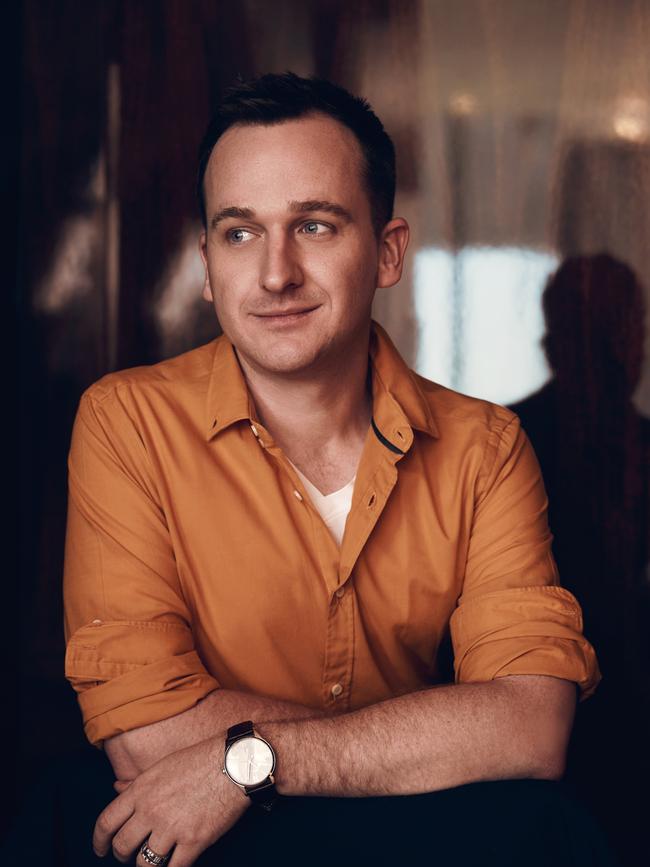
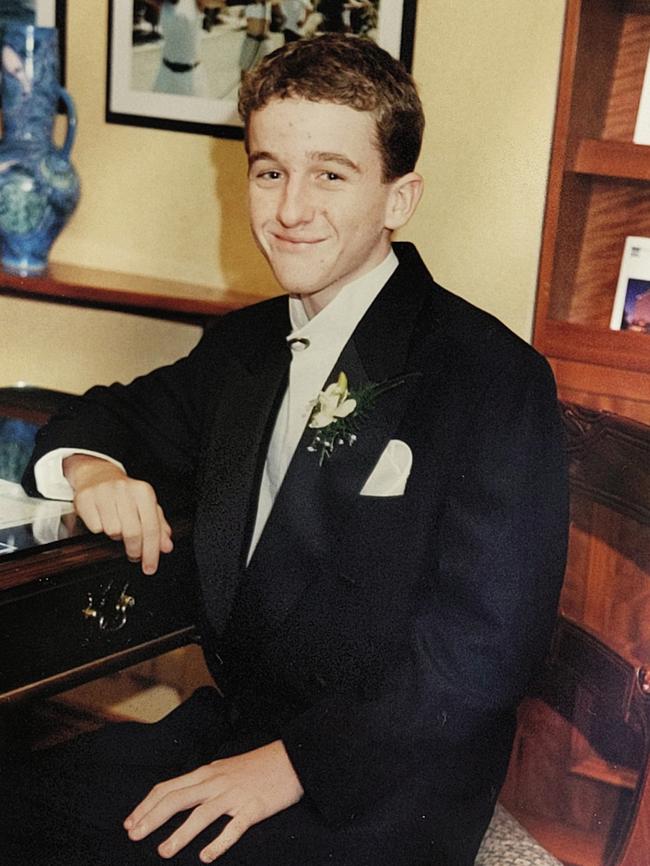
The Youth Festival’s final night had a big drawcard. As well as the battle of the bands performances, there was going to be an appearance by Neighbours actress Brooke Satchwell, a rising star whose poster regularly appeared in teenage magazines. I had one of them on my bedroom wall.
An electric buzz swept through town – a real-life celebrity was coming to Yeppoon! The moment the news filtered down to me, I ran straight away to the youth centre. Ever the ambitious wannabe reporter, I had zeroed in on an opportunity and was going to seize it. Yeppoon’s mayor had arranged for Brooke to come to Yeppoon, and pitched my idea: a local kid who wanted to be a journalist had asked to interview Brooke. To my amazement, her manager agreed.
I was completely beside myself. I began preparing in earnest, digging through stacks of old magazines and furiously flipping the glossy pages of each until I found one with her on it. I ran my finger over the text that accompanied red-carpet, studio and paparazzi photographs for key details, making notes in the reporter’s notebook Mum had bought me from the newsagent.
No amount of preparation could ease the tumultuous anticipation I felt on the night. Standing in the changing rooms of the local sports oval’s clubhouse, I struggled to remain upright.
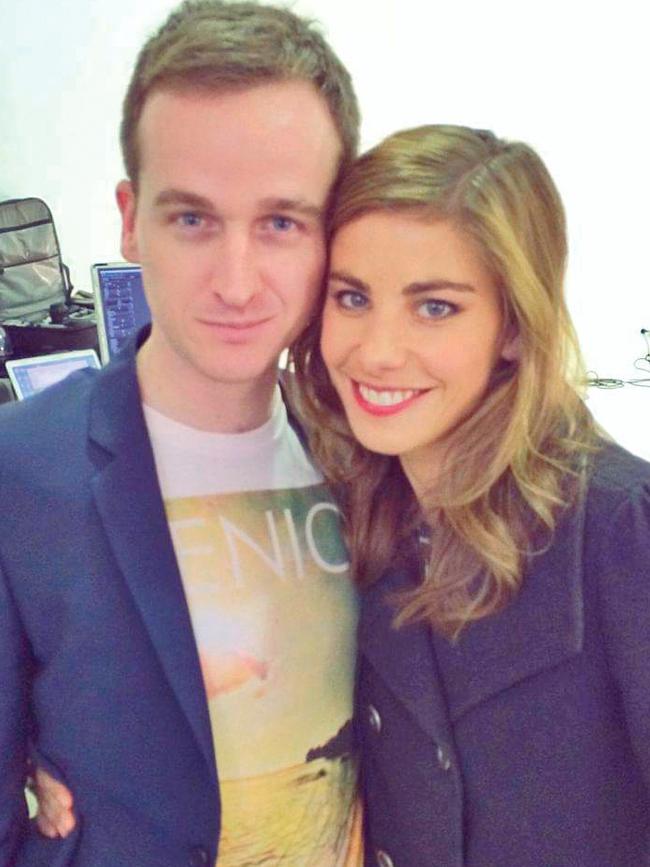
My knees shook, my hands trembled, my mouth was dry and my tongue felt like a sheet of sandpaper. Brooke and I were half a metre apart, hemmed in by a group of excited onlookers. I nervously looked up at her, clutching my bulky tape recorder in one hand and a notebook and pen in the other. Brooke smiled softly and gave the slightest of encouraging nods.
“What’s it like playing Anne on Neighbours?”
It was a waste of a first question. I had a tiny window of time to get something interesting, and I wasn’t off to a flying start. But Brooke was gracious and generous. We ended up speaking for 15 minutes – five minutes over the agreed time.
She was happy to be interviewed by a 14-year-old, for a website she’d never heard of, for a story that very few people would probably ever read.
Just as I was nearing my final question, I suddenly noticed kids clamouring to get a glimpse of Brooke.
And that’s when I heard two awful words I’d heard so many times. “Poofter!” someone screamed, setting off a chain reaction from the mob. “Faggot!” another offered. It was like excited parrots, repeating each other in a bigoted chorus. Poofter! Faggot! Poof! Fag! Hey, fag! Look at this poofter!
Suddenly, my feet were firmly back on the ground. The lightness was replaced with heavy dread. My skin turned cold and my eyes began to well up.
I was mortified. In 10 short seconds, I’d been dragged from the naïve feeling I was a serious writer spending time with a person who might even respect me a little, down to the more familiar sense of self-loathing. I was not accomplished. I was not talented. I was nothing. I was just a faggot and a poofter.
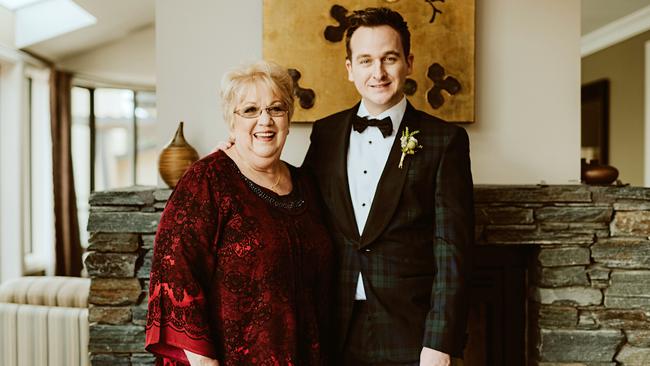
Brooke’s head turned towards the window and her smile disappeared. Her gaze lingered on those who were yelling. Their gleeful faces suddenly looked nervous, and they slinked – one by one – back into the darkness. Her eyes returned to mine. The kindness was still there, but so too was pity.
The interview was over. Brooke was ushered out the door and looked back at me, our eyes meeting for a final time. I wanted to crawl into a hole and not come out.
For much of the night, I watched the festivities on the stage from the very edge of the oval, leaning against a wire fence.
I didn’t feel much like celebrating. I was desperate to go home, but I couldn’t leave until things had wrapped. After a while, I began walking along the fence line towards the back of the stage. When I got there, I found Brooke sitting on a box that some of the sound equipment had come in. I was about to turn around and leave her in peace when she spotted me.
“Shannon!” she yelled. I smiled shyly and perched next to her on the box, listening to the band on stage. “Can I ask you something personal?” Brooke asked.
I nodded. She paused, trying to figure out the right way to frame the words. “Do you think you’re gay?”
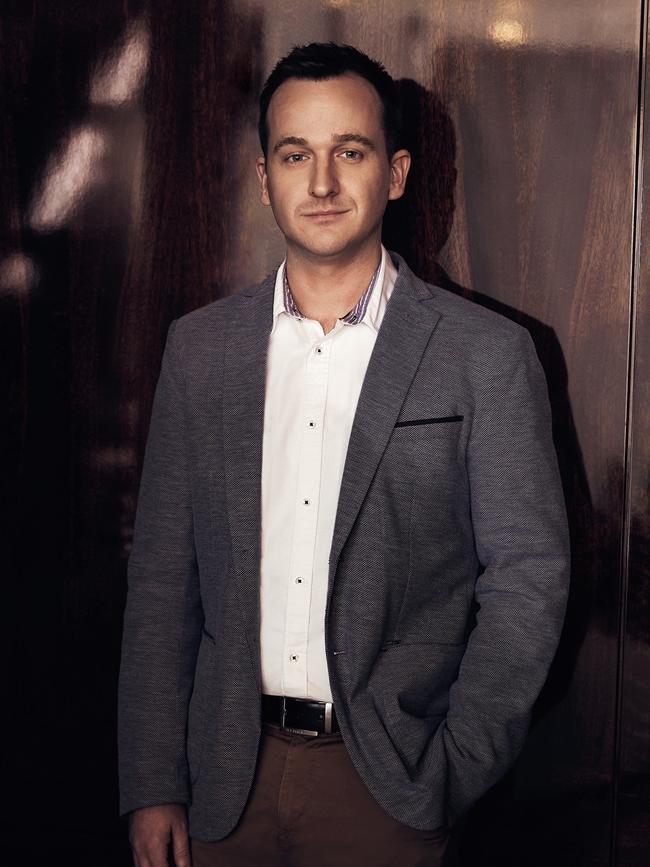
“Probably,” I replied without even considering it, lowering my head and staring at the grass.
It was the most honest I had ever been with someone who had asked about my sexuality. I still don’t really know why I felt so comfortable being candid with Brooke, but there was something so warm about her.
I doubted she would tell anyone my secret. Who would care?
She shuffled closer and put her hand on my shoulder. I looked up at her as she flashed her big, charming smile at me. “Those kids,” she began. “You know that’s not going to happen forever, right? There will be a time when that doesn’t happen anymore.”
We sat there for almost an hour, talking about life in the city. It was a place of expressive freedom, she promised.
MORE STELLAR
Kyly Clarke: ‘My daughter is 100 per cent my priority’
Abbie Chatfield: ‘I was the most hated person in Australia’
People didn’t care about things like how you walked or how you talked. She knew a heap of gay people, she said, rattling off little facts about what they did for a living and the kinds of people they were. No one gave a shit about their sexuality. They were happy and successful.
“This isn’t the real world, this town. Not your real world anyway.”
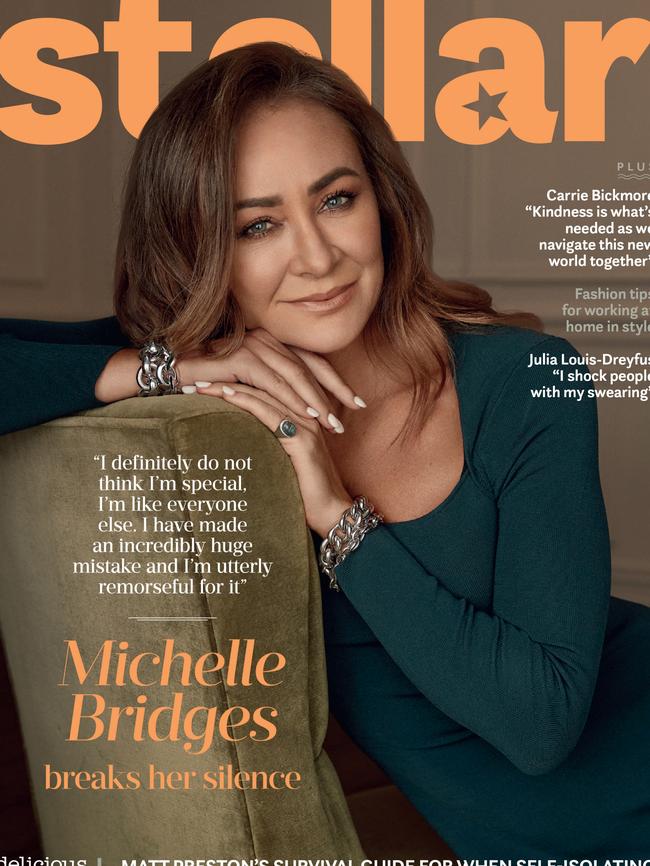
I nodded half-heartedly, twirling a piece of grass between my fingers. On the stage behind us, I could hear a girl singing a cover of Kasey Chambers’s haunting ballad ‘The Captain’. She sounded just like Kasey.
She bellowed the poignant line about shaking off those who had put her down, and finding her place and discovering her destiny.
I wondered if I would find my place in the world, my destiny, where I could be happy and safe, where my gayness wasn’t the only thing that defined me.
Somewhere I could just be.
As though she was reading my mind, Brooke addressed my worries with an assurance that has stayed with me since. “You will find your place,” she said. “I promise.”
This is an edited extract from Fourteen by Shannon Molloy ($29.99, Simon & Schuster) which is available Wednesday.

